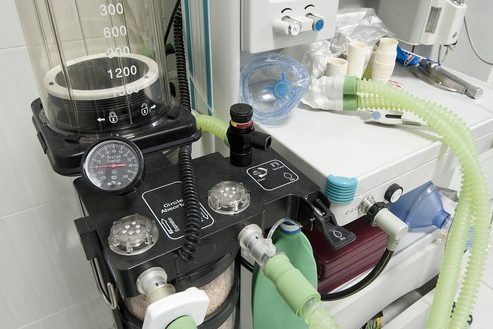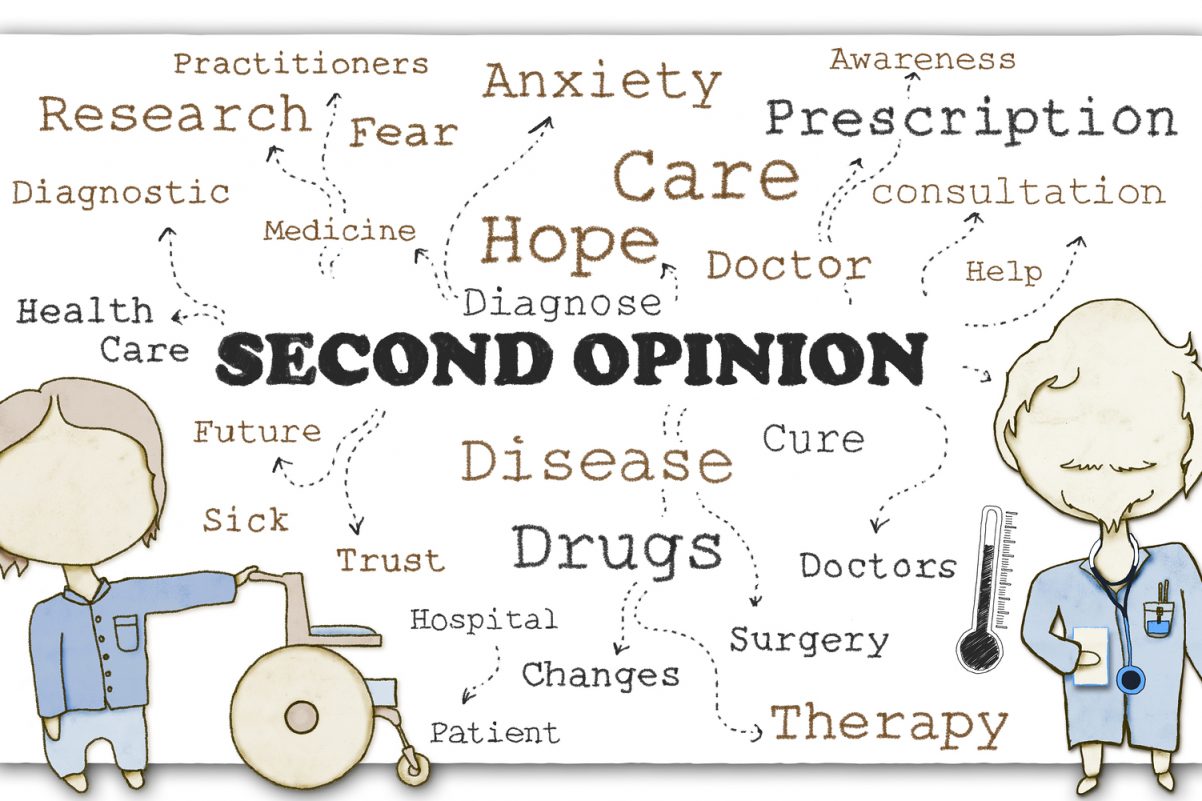New Jersey may soon vote whether to give doctors the legal authority to prescribe medications for terminal patients to take, if they wish, to commit suicide. Incredibly, the macabre name of this bill is the “Death with Dignity Act.” As an oncologist, as the first hospice certified physician in the state, as a caregiver who has sat at the final bedside of thousands, let me declare emphatically – There is no dignity in death. Death is dead. Death is not an action or process. Life is the process and there can only be dignity while we live. As long as our focus is on getting to death by the quickest route, we risk depriving the living of the opportunity to live with dignity.
The NJ Home News Tribune (Sunday 11/25/2012) presented four excellent views on whether this bill should receive our support. Reduced to each argument’s essence these opinions are:
- Rev. Bill Neeley (Unitarian): Choosing the time of one’s death, especially if one is suffering and terminally ill, is a matter of personal freedom and for intellectually intact patients should be an option.
- Rev. Michael Manning (Catholic): Only God can chose the time of death, the bill threatens the physician-patient relationship and may be a slippery slope.
- Roseann Sellani (RN, JD): Having this choice would improve honest communication about end-of-life between patients and doctors and give a vital freedom.
- Donald Pendley (Hospice): The bill devalues the importance of life and distracts from efforts to provide pain and symptom control.
What is being said, in other words, is that because doctors communicate badly, or at least insufficiently, about end-of-life issues, and because doctors provide erratic and often inadequate comfort care for terminal patients, that patients should be given the freedom, and assistance, to die. In addition, this argument hinges on the concept that for large numbers of patients quality, near the end-of-life, is not possible. Therefore, this bill deems it reasonable to turn to your doctor and say, “listen, I do not believe you can help me live, why don’t you just help me die.”
This logic is flawed and places patients in great danger. The first error is to assume that doctors do not and cannot communicate well about dying. There is no doubt this is an area where the physician-patient relationship often breaks down, but there is also no doubt that it is an increasing focus of education and learning. Medical students now routinely take classes in end-of-life care, physicians are much more focused on the skills necessary and the specialty of Palliative Care, for which communication is a core skill, is exploding. For most patients and families basic information about their situation relieves much suffering and confusion. Doctors can do better. We must demand it.
The idea that most patients experience uncontrollable suffering at the end of their lives is without foundation. With proper palliative care more than 90% of pain can be controlled, we can relieve anxiety (i.e. fear), shortness of breath, depression and most other symptoms. In fact, recent data shows that many terminal cancer patients not only live better, but longer, receiving hospice care rather than active chemotherapy. This bill deprives patients of these highly effective techniques by giving up and says to the physician there is no need to offer quality care, death will do.
Is suicide an individual freedom? That is an ethical question far above my pay grade. However, that is not the freedom proposed. What is proposed is “physician-assisted suicide.” That involves two people and their relationship and I have absolutely no doubt that the relationship will be corrupted. Having been involved in such interactions every day for decades, if the active reach for death is on the table, the physician-patient relationship will never be the same. Physicians and patients already struggle with end-of-life communication; I cannot imagine that trust will improve with the addition of assisted suicide. The motivations of patient, family and physician will be suspect, tainted and goals distorted.
The physician-patient relationship by definition focuses on life, and the end of our lives is still about life, not death, and can be lived with quality. To undermine the foundation of the physician’s role is to deprive the patient and family of that opportunity. If we truly wish suicide to be a realistic alternative then perhaps someone else, like perhaps funeral home directors, should do it. At least that relationship is clear. Why does that sound ridiculous? Because funeral homes are about being dead and doctors are about being alive. Why don’t we just keep it that way?







20 Comments